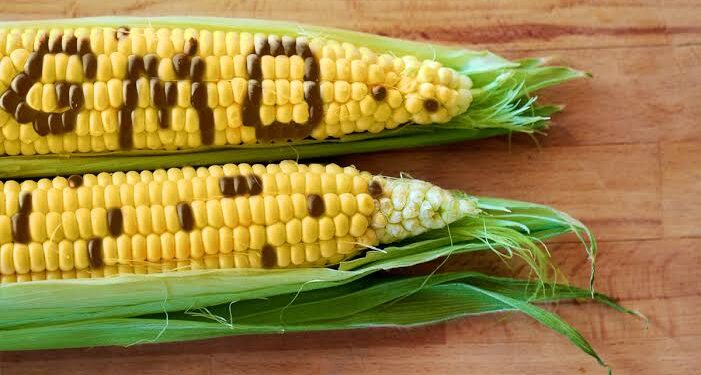Respected journalist and food policy advocate Wale Fatade has raised a red flag over Nigeria’s increasing reliance on genetically modified (GMO) seeds, warning that multinational seed companies may soon dictate the nation’s ability to feed itself.
Speaking in response to growing concerns about seed sovereignty, Fatade said the spread of patented GMO seeds most of which cannot be replanted poses a serious threat to Nigeria’s agricultural independence. According to him, the practice traps farmers in a cycle of dependence where they must return to seed vendors every season to buy what they once freely saved.
“When sellers of seeds hold all the power, they control who eats and who starves,” Fatade cautioned. “If our farmers lose the right to save and reuse their seeds, we’ve handed over our food future.”
His remarks echo mounting fears across civil society, where groups such as the Health of Mother Earth Foundation (HOMEF) and Afenifere have described the GMO seed system as a form of “food colonisation.” They argue that Nigeria’s food sovereignty is under threat as foreign companies gain a stranglehold on seed distribution, pricing, and agricultural direction.
Environmentalists further warn that the spread of GMO crops may lead to soil degradation, pesticide resistance, and the collapse of native crop varieties. Some activists are calling for a nationwide ban on genetically engineered seeds, while others are pushing for tighter biosafety regulations, clearer labelling, and strict protection of indigenous farming rights.
In contrast, advocates of biotechnology including government-backed agencies like the National Biotechnology Development Agency (NABDA) say approved GMO varieties, such as pest-resistant maize and cowpea, offer higher yields and climate resilience. They insist the seeds are rigorously tested and safe.
But for Fatade and many critics, the issue goes beyond science. It’s about power and ownership.
“This is not just about better yields or pest control,” he said. “This is about who owns the foundation of our agriculture. Once that’s outsourced, the future of our food is no longer in our hands.”
As Nigeria grapples with food inflation, insecurity, and a changing climate, the debate over genetically modified seeds is more than academic it is a fight over who controls the plate of every Nigerian.






















